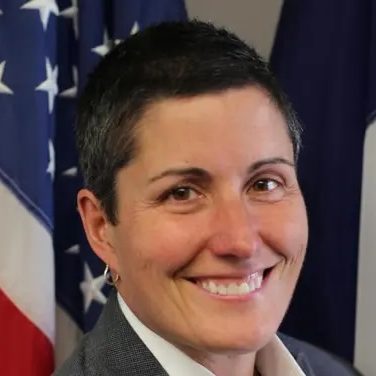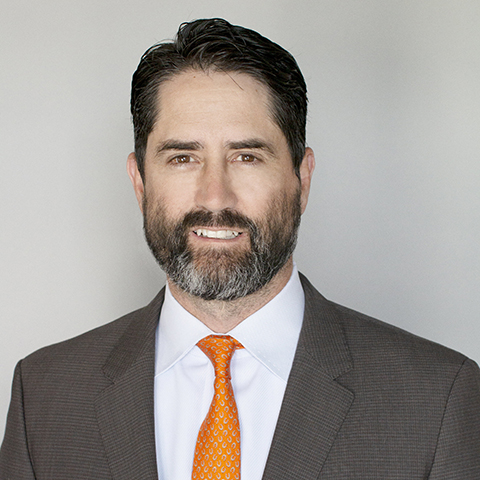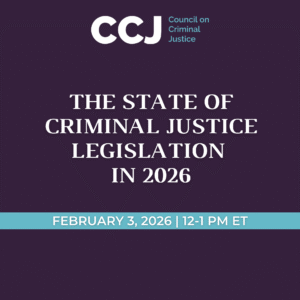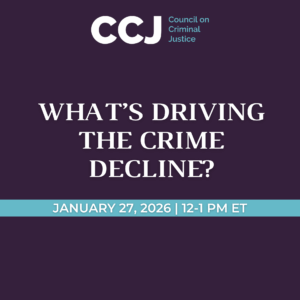The Council on Criminal Justice advances understanding of the criminal justice policy choices facing the nation and builds consensus for solutions that enhance safety and justice for all.
Our Work
As a nonpartisan think tank, CCJ grounds policy debates in facts, evidence, and fundamental principles of justice.
Our Members
CCJ’s membership of top experts and innovators creates a center of gravity for the criminal justice field.
Our Impact
CCJ is a trusted, go-to resource for policymakers, journalists, and advocates across the political spectrum.
Member Spotlight



Latest Posts

UpClose With Christy Lopez
This month’s spotlighted member is Christy Lopez, professor from practice and co-director of the Center for Innovations in Community Safety at Georgetown Law.

Advancing Women’s Justice: What We Should Know, But Don’t
This research agenda calls for targeted investment in high-quality data and research to fill major gaps in knowledge and better inform policies that improve outcomes for women, families, and communities.

State of the Union: Why is Crime Going Down?
President Trump mentioned the historic homicide drop in his State of the Union. Recent CCJ commentary explores several drivers of the decline.

Crime in Washington, DC: What You Need to Know
Following President Trump’s announcement about federal efforts to combat crime in Washington, DC, this brief examines trends for eight different crime types in the nation’s capital going back to 2018.

Event Recording: The State of Criminal Justice Legislation in 2026
The CCJ Centering Justice project, the National Conference of State Legislatures, and the Future Caucus discussed the state legislative landscape for criminal justice in 2026 and prospects for policies that are based on solid evidence and can win bipartisan support.

Event Recording: What’s Driving the Crime Decline?
Violent crime has fallen sharply over the past three years. Its news we should all celebrate—and it’s critical that we understand why if we want to extend progress into 2026 and beyond. Experts and leaders from the Council on Criminal Justice came together for a fast-paced discussion of the most common—and controversial—claims.
